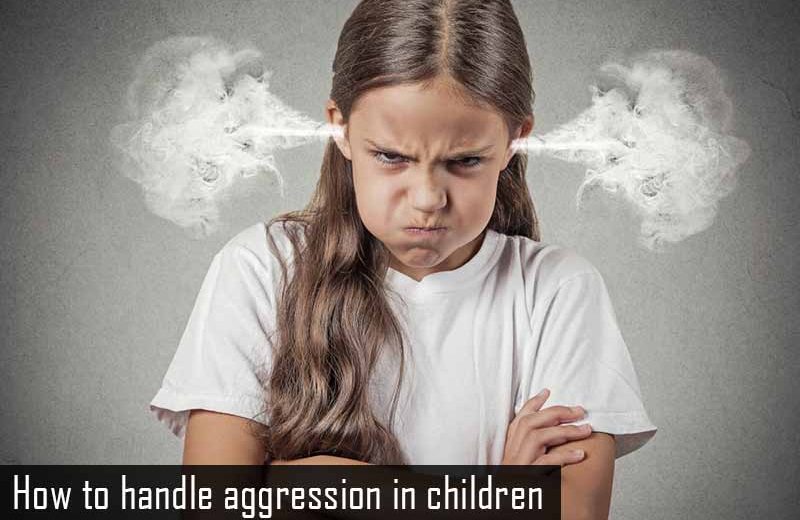
How to Handle Aggression In Children
How to Handle Aggression In Children
In this article, you will learn about how to handle aggression in children.Whether your child hits because he’s angry or he bites for reasons you just don’t understand, aggressive behaviour can be a normal part of child development. Usually, if a child receives consistent negative consequences for aggression, and learns new skills to improve his behaviour, aggression begins to subside during the preschool years. Occasionally, aggression can be a symptom of a much bigger problem. And in some circumstances, a child may require professional help to address the problem.
How to Handle Aggression in Children? How can you handle him in such a way that he changes his aggressive ways?
1. Reinforce Responsibility
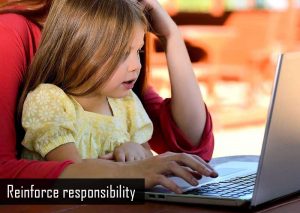
If your child makes a mess or spoils someone’s game, let him know that it’s up to him to put it right. For example, he could pick up the blocks which he threw on the floor or help to put a puzzle back together. Explain to him that this isn’t a punishment, but rather that it’s how we set things straight when we’ve made a mistake. Encourage your preschooler to say sorry, too. Let him know that it makes a big difference to the person he hurt and will also help him to feel better about the incident. Help your child to acknowledge the other person’s hurt feelings. Explain that it’s important to be sincere when apologising, but don’t expect a perfect “sorry” every time until your child’s a bit older.
2. Give Comfort and Affection.

Let your little one know that you genuinely care about his situation and feelings. Toddlers can be comforted by your physical presence as can older kids facing a frustrating situation. And never underestimate the power of a hug to make someone feel loved and accepted.
3. Allow your Child to Cool Off

Giving your child time to cool down and calm down is not rewarding your child’s behaviour, rather, it is allowing their brain to return to a calm state where they can once again think clearly and react without extreme emotion. Some kids need space on their own to cool down, and some need hugs. Some need to do an activity. Experiment to find out what your child needs by offering them different activities to help them calm down.
4. Praise Calm behaviour

As well as correcting your child when he acts aggressively, it’s important to acknowledge times when he acts calmly and kindly. Praise him when he patiently waits for his turn on the slide or gives up his swing to another child who’s been waiting. Tell him how proud you are of him and his behaviour and be clear about why.
5. Control your own temper.
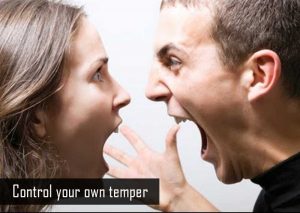
Let your kids witness conflicts that arise in your home being resolved in a peaceful manner. Children mimic adults; the way you handle your own anger and frustration affects your child. Model positive coping skills, like doing something that calms you or getting away from a frustrating situation—and your child is likely to do the same.
6. Help him practice Problem-Solving skills
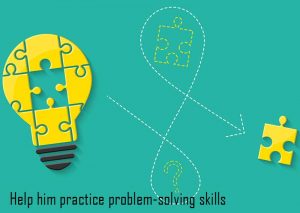
When your child is not upset is the time to help him try out communicating his feelings and coming up with solutions to conflicts before they escalate into aggressive outbursts. You can ask him how he feels, and how he thinks you might solve a problem.
7. Be Consistent
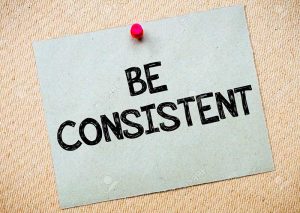
Try to respond to aggressive behaviour in a predictable way. This gives your child a clear idea of what’s expected of her and makes it easier for her to understand how to behave. Avoid having one set of rules for home, and another for play dates or days out. This could confuse your child and make her think that she doesn’t always have to behave well when she’s just playing with you.
8. Remove your Child from the situation
Sometimes you need to take your child out of a situation to help him regain control of his emotions. If you’re at the grocery store and your toddler is having a tantrum and kicking at the shopping cart because you’re not buying the cereal he likes, you can say, “You’re making too much noise. We’re not going to buy this cereal, and if you don’t stop, we’ll have to leave.” If your child doesn’t stop, follow through and take him out of the store.
9. Respond Immediately
Don’t wait until your child punches his brother for the third time to say, “Okay, that’s enough!” Your child should know instantly when he’s done something wrong. You might want to try “time-ins” (instead of time-outs): Stop what you’re doing and ask your child to sit down with you and remain silent. Hold or touch him in a loving way if he’ll let you. After a few minutes of peace, briefly discuss what happened; then simply resume your activities.

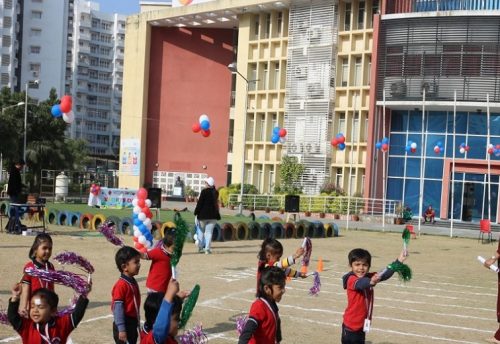
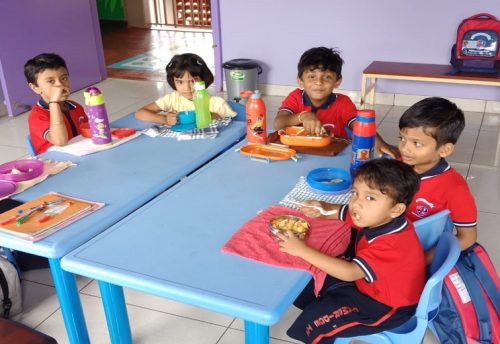


Leave a Reply